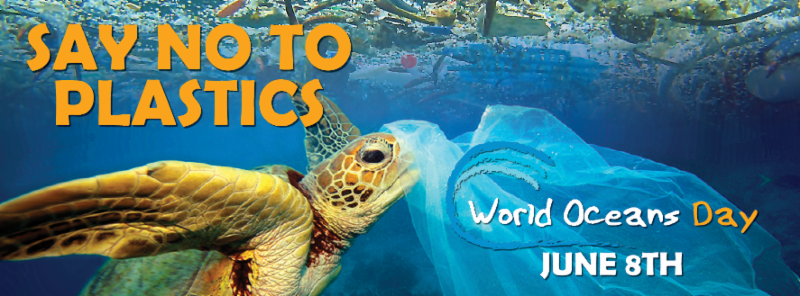Recent News
Call for vigilance after turtle deathSunday, November 12, 2017
Animal welfare experts have urged the public to act quickly and call the aquarium if they see signs of a turtle in distress.
Legacy of AC35 – Philanthropic achievements
Saturday, November 11, 2017
Office supplies and equipment, including computer monitors, backpacks, caps, water bottles and sunglasses to Bermudian schools, churches, government agencies and charities.
Trunk Island programme gets boost from RenRe
Tuesday, November 07, 2017
The Trunk Island Living Classroom has won a $250,000 boost from reinsurance firm RenaissanceRe.
Students relish North Rock adventure
Monday, November 06, 2017
“Sharks, just look out for sharks when you’re out there.”
Thriving brown anole threatens skink
Thursday, November 02, 2017
Bermuda’s endangered skinks are soon to cross paths with a thriving invasive species that already outnumbers the entire native population.
About
GovernanceAbout Us
Newsletter
Latest News
Gift & Bookstore
Contact
General Inquiries
info@bzs.bm
Latest News
All the latest updates and news from the Bermuda Aquarium, Museum, and Zoo, one of Bermuda's leading visitor attractions!
Excerpt WILD News June 2018

Today, June 8th, is World Oceans Day, and the theme for this year is the prevention of plastic pollution to encourage healthy oceans. On World Oceans Day, people around our blue planet celebrate and honour the ocean, which connects us all.
According to the World Oceans Day Organization, "plastic pollution poses a threat to human health, kills and harms marine life, damages and alters habitats, and can have substantial negative impacts on local economies. Research from the Ocean Project shows that pollution, especially plastics pollution, is already widely accepted as a big problem that we need to and can address."
"The primary direct threat to marine life is entanglement or ingestion. Sea turtles, birds, and fish alike accidentally mistake plastic for food and choke or get sick by ingesting it. It's distressing to think about how much plastic is almost unavoidable - sometimes, it can seem useless to take action. But if many of us act together, we can reduce the amount of plastic in the ocean, and show the world that we demand less disposable plastic in our everyday lives!"
At the Bermuda Aquarium, Museum and Zoo (BAMZ) we continuously encounter situations involving plastics and our marine life. These situations include turtles that become entangled in fishing lines, which can lead to loss of flippers or even the death of the animal. Ingestion of plastics also cause major problems in preventing animals from digesting food because of blockages in their intestinal tract.
Ocean plastic debris is not only a serious concern for marine life, but it can also be dangerous to human health! Scientists are finding that chemicals in plastic consumed by fish eventually travel up the food chain - and get into our bodies. So, by littering, we are not only poisoning the environment, we are also poisoning ourselves.
The Bermuda Zoological Society is asking its members and the entire community to play a part in plastic prevention by saying "No" to plastic. Substitute plastics for bio-degradable materials, and when you visit the beach this summer collect 3 pieces of plastic and dispose of it in the proper receptacle.
As part of the celebration of the 50th anniversary of the Bermuda Turtle Project, on June 27th, Dr. Ian Walker, Principle Curator at BAMZ will be giving a lecture at the BAMZ on wildlife rehabilitation and the impact plastic pollution has on our environment, particularly sea turtles. Come out and learn what we do to save our marine creatures!


